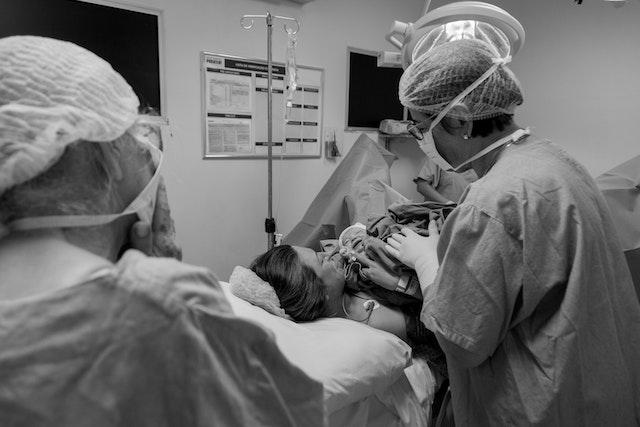
Anesthesia is a medical treatment that eliminates pain for patients during procedures like surgery, certain screening and diagnostic tests, tissue sample removal (e.g., skin biopsies), and dental work.
It allows people to have procedures are done that would improve their health and lengthen their lives.
General anesthesia knocks patients out completely, so they’re unable to move or feel anything. But can anesthesia cause memory loss? Find out the answer here!
Can anesthesia cause memory loss?
There have been some studies that suggest a link between anesthesia and memory loss, particularly in older adults.
However, these findings are not clear-cut and there is not enough evidence to suggest that anesthesia always causes memory loss.
Factors such as the length of the surgery, other existing health conditions, or age may also play a role in any potential memory loss associated with anesthesia.
It is important to note that memory loss can also occur naturally as a result of aging or certain diseases and may not be directly linked to the use of anesthesia.
Therefore, it is important to speak with your doctor about any concerns you may have regarding the use of anesthesia and its potential effects on your memory.
- Read also: Can Seizures Cause Memory Loss
- Read also: Does Strokes Cause Memory Loss
How long is memory loss after anesthesia?
Anesthesia is a medication used to provide temporary pain relief during medical procedures. It works by causing the patient to become unconscious and unresponsive to pain.
While anesthesia is generally safe, there are some potential side effects, one of which is memory loss.
However, this side effect is usually only temporary and resolves within a few days or weeks after the procedure.
In rare cases, there have been reports of more long-lasting or permanent memory loss.
Again, it is important to speak with your doctor about any concerns you may have regarding the use of anesthesia and its potential effects on your memory.

Can anesthesia cause permanent memory loss?
While anesthesia is generally considered safe, there have been rare reports of permanent memory loss associated with its use.
This memory loss is typically seen in patients who are over the age of 60 or who have existing health conditions that affect cognitive function.
It is unclear exactly how anesthesia causes memory loss, but it is believed to interfere with the brain’s ability to form new memories.
In most cases, the memory loss is temporary and patients will eventually recover their full memory function. However, in rare cases, memory loss can be permanent.
If you are concerned about the potential risks of anesthesia, be sure to discuss them with your doctor before undergoing any medical procedures.
What kind of anesthesia causes memory loss?
When undergoing surgery, it is important to discuss all potential risks and side effects with your doctor. This includes potential memory loss associated with anesthesia.
Although there is not enough evidence to suggest that any specific type of anesthesia causes memory loss, other factors such as the length of the surgery, other existing health conditions, or age may play a role.
If you have any concerns about the use of anesthesia and its potential effects on your memory, be sure to speak with your doctor prior to surgery.
By doing so, you can help ensure that you are fully informed about all potential risks and can make the best decision for your individual needs.
Does anesthesia affect your brain long term?
There is currently not enough evidence to suggest that anesthesia has any long-term effects on the brain.
While there have been some studies linking anesthesia with memory loss and cognitive decline in older adults, these findings are not conclusive and more research is needed.
Some experts believe that anesthesia may have a temporary effect on the brain, but that this does not necessarily lead to long-term problems.
However, more research is needed in order to confirm this.

What are the lingering effects of anesthesia?
In addition to potential memory loss, there are a few other potential side effects of anesthesia that may linger after the procedure. These can include:
- Nausea
- Vomiting
- Dizziness
- Drowsiness
- Confusion
- Headache
Generally, these side effects are temporary and resolve within a few days or weeks after the procedure.
However, in rare cases, there have been reports of more lasting complications, such as nerve damage or organ failure.
It is important to speak with your doctor about any concerns you may have regarding the use of anesthesia and its potential effects on your health.
- Read also: Does Alcohol Affect Memory
- Read also: How Trauma Affects The Brain
Final words
There is still much unknown about how anesthesia affects memory, but there is some evidence that it may cause temporary memory loss.
In one study, patients who received general anesthesia had significantly lower scores on tests of verbal memory and learning compared to a control group who did not receive anesthesia.
The effects were most pronounced in older patients and those who received longer anesthetic exposure.
However, it is important to note that the effects of anesthesia on memory are typically mild and reversible.
In most cases, patients will not experience any long-term memory problems after receiving anesthesia.



